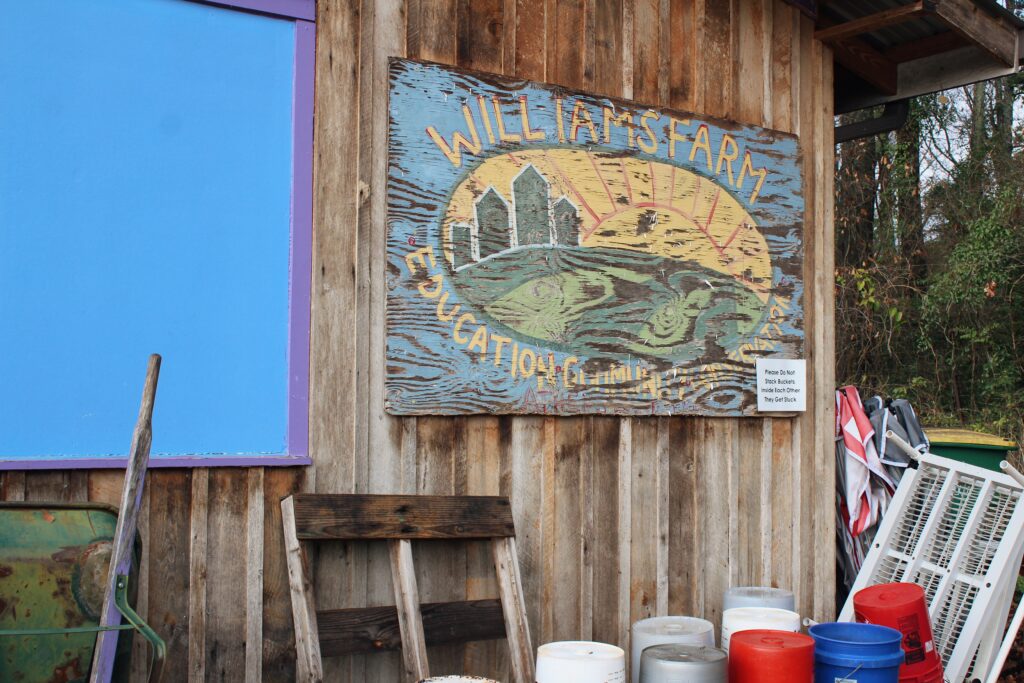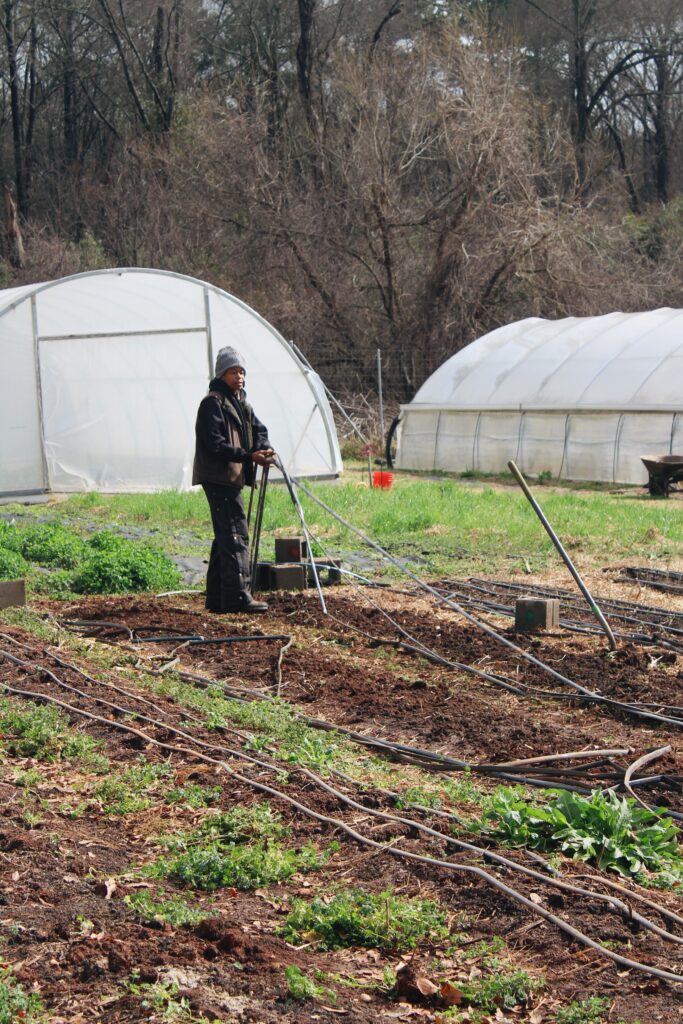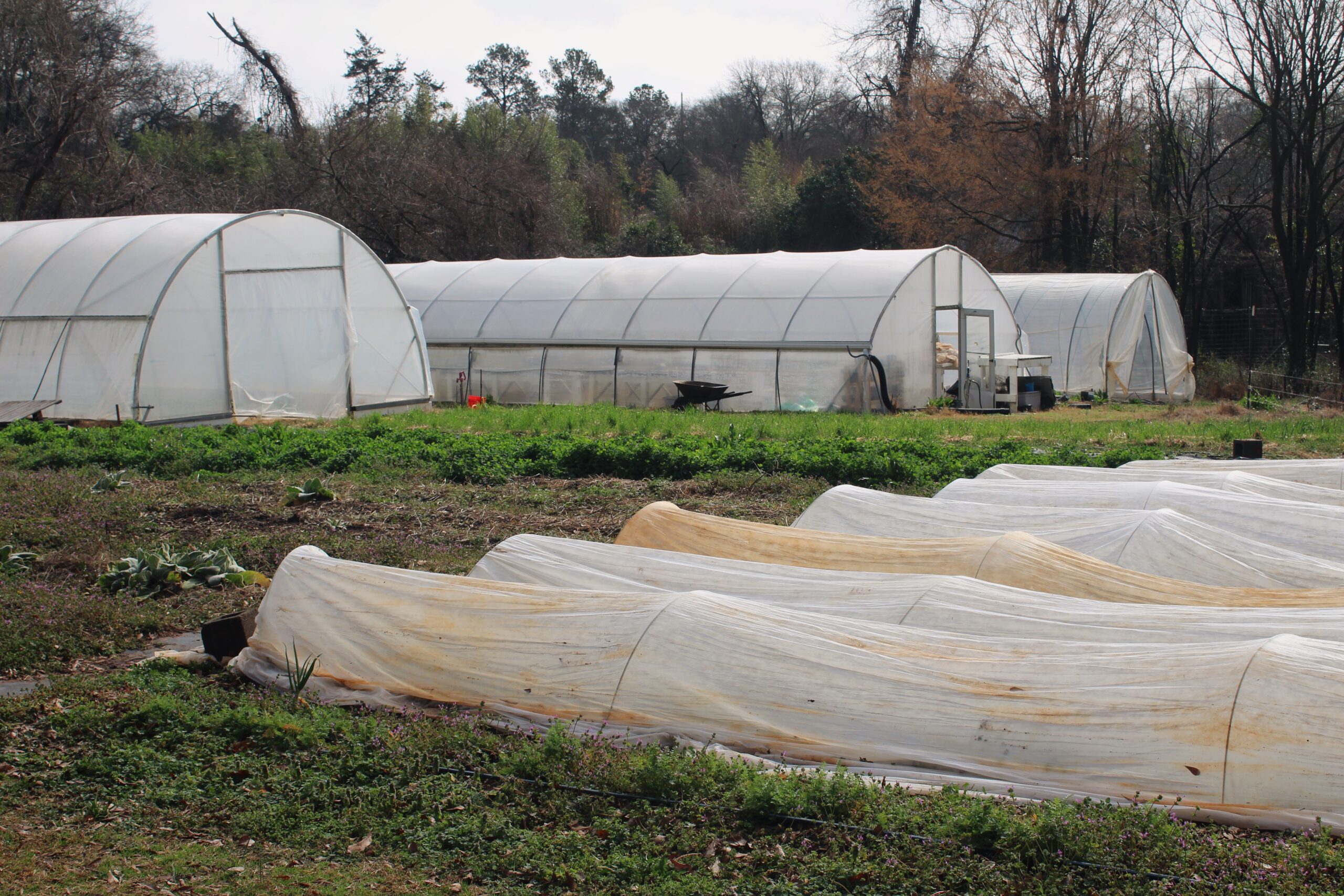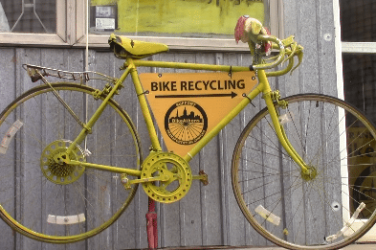Food insecurity, the lack of reliable access to affordable, nutritious food, is a pressing issue in Georgia and Athens-Clarke County is no exception to the growing challenge.
According to Feeding America, the food insecurity rate in Athens in 2022 was 16.8%, which is higher than the national average. Many local organizations, including Athens Land Trust (ALT), are working to combat this problem in their own ways.
Athens Land Trust
ALT serves as a Community Land Trust, focusing on conservation, affordable housing, agriculture and community development, said Emmanuel Stone, ALT’s strategic partnerships director.
“I think in terms of building the community that we envision, all of those things are just pieces of that puzzle,” said Stone.
With the integration of these four elements, ALT can take a multifaceted approach to food insecurity and ensure that Athens residents have access to healthy foods while also having the resources necessary to sustain long-term change.
Williams Farm
One of ALT’s most pivotal initiatives is Williams Farm, an urban farm just one mile from downtown Athens. The farm grows fresh produce while providing members of the community an opportunity to strengthen their farming skills.
Williams Farm provides free, fresh produce to families in historically marginalized communities, said Joy Brown, Williams Farm manager. In 2022, 21,590 people in Athens-Clarke county faced food insecurity.
To help address this need, Williams Farm distributed boxes of fresh produce to 48 families in the Clarke County School District each week for 30 weeks out of the year.
“We’re here to educate the people and also give them the produce, so as they are eating the produce … we like to give them recipes and give them the nutritional value of what they’re eating. That way they understand why we’re giving it to them,” said Brown.

The farm also serves as the host site for the Farm Incubator Program, which acts as an apprenticeship program aiming to provide beginner farmers, specifically from the minority community, with access to land, training and resources. Participants receive training in farming techniques and business development to create independent, sustainable farm businesses.
Brown, who also runs the Farm Incubator Program, emphasized the program’s mission of changing perceptions of agriculture among historically marginalized communities.
“In that group of people, we know that they run away from this type of work because it is attached to slavery,” she said. “It’s to teach them to connect back with the land.”
Despite its efforts, Williams Farm faces ongoing challenges that can restrict its community outreach.
Brown mentioned that the farm is short-staffed and can only reach a limited number of families. Another continued difficulty is the lack of funding to expand the farm’s operations, acquire more resources and implement additional educational opportunities.
“There’s not a whole lot of funding for community gardens at the moment, but we certainly think that a garden is a resource for a community, and can be a resource for different communities in different ways,” said Stone.
Sustainable Farming Practices
Williams Farm incorporates cover cropping as part of its sustainable farming practices. Cover cropping involves growing a crop that is not for sale or distribution but to preserve the land. Brown said one example is a tillage radish, which is grown to hold the soil in place, stop erosion and create shade as it grows.

The farm makes its own compost, as well as receives organic compost from the University of Georgia, to replenish the soil, said Brown.
Drip irrigation is also used at the farm to slowly deliver water to the soil, reduce runoff and improve absorption, Stone said.
Additional Community Impact
ALT extends its impact through a variety of community initiatives, focusing on food security and sustainability. One such initiative is the Young Urban Farmers (YUF), which is a program for high school students to learn gardening and farming skills, gain knowledge in the culinary arts and explore entrepreneurship.
Affordable housing is also a major focus at ALT. Housing counseling is offered through the organization, where community members can take classes on homebuyer education and credit repair. ALT currently has 79 permanently affordable homes available in the Athens area, Stone said.
“If we don’t use the land as a resource for people in our community, if we don’t invest in housing that people who are working class can afford, what happens?” Stone said.
Ella Brauer is a fourth-year student majoring in journalism.








Show Comments (0)